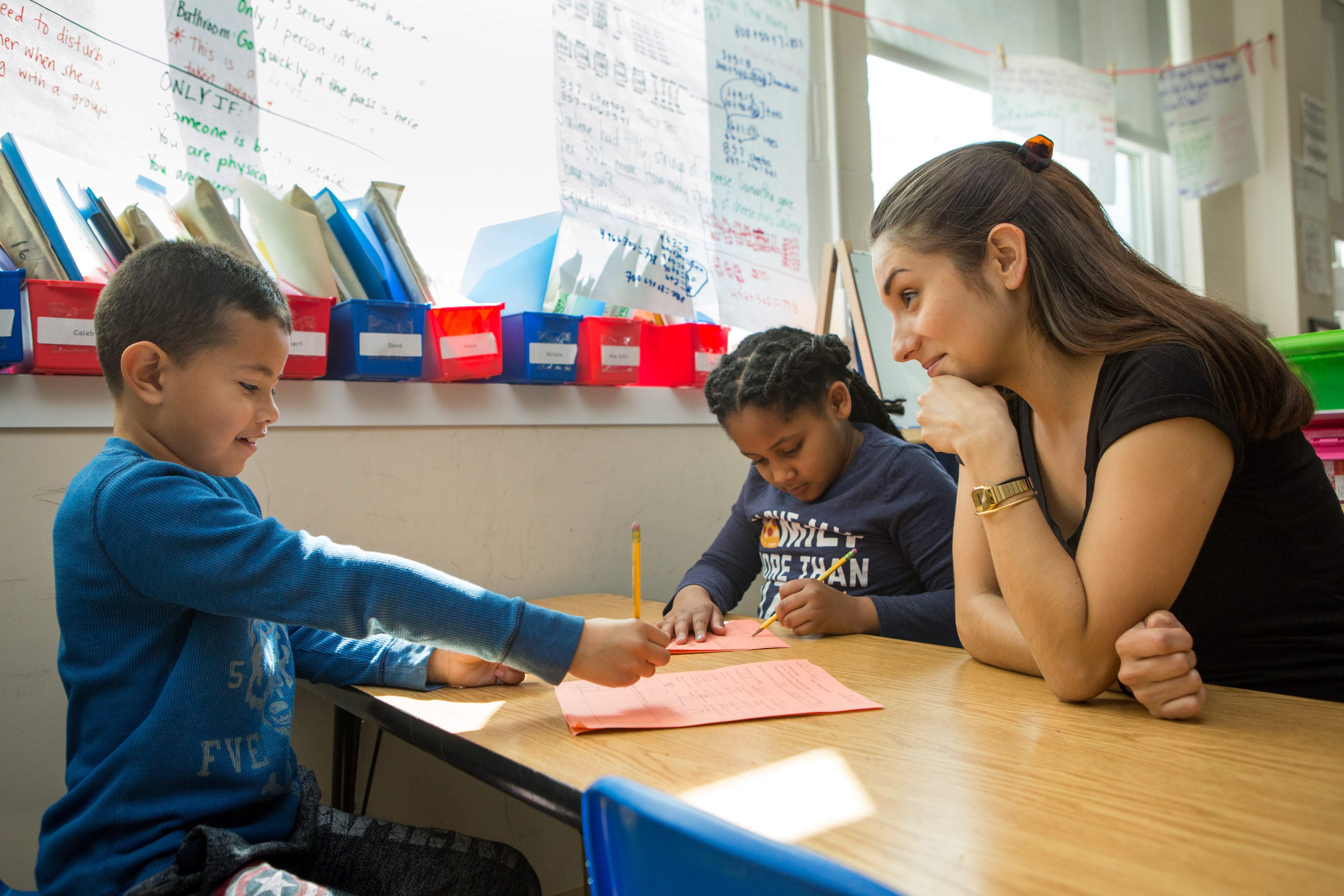More than two years after a scathing review by state officials over its approach to covering reading instruction, the University of Northern Colorado won kudos Wednesday for making changes to two majors within its teacher preparation program.
The State Board of Education granted full approval to the university’s elementary education and early childhood education majors, an upgrade from the partial approval given to the majors previously.
The decision represents a milestone for Colorado’s largest teacher preparation program, which has twice been ordered to improve how it trains future teachers to teach reading — first in 2019 and again in 2020. Wednesday’s unanimous vote signals the university has successfully overhauled its literacy coursework so future teachers are learning methods grounded in science. Metropolitan State University of Denver earned the same upgrade from the State Board of Education last month, after making similar fixes to its reading coursework.
The state began cracking down on teacher preparation programs, specifically their approach to reading instruction, in 2018 as part of a broader push by lawmakers, state education officials, and parents of students with dyslexia to get more Colorado children reading at grade level. The Greeley-based University of Northern Colorado was the first teacher prep program to undergo the extra scrutiny, and some faculty members were angry about the state’s conclusions.
According to the state’s 2019 report, the university’s reading courses didn’t match up with research on literacy instruction and many of the professors had philosophies that contradicted state standards.
On Wednesday, state officials detailed the university’s turnaround, noting the creation of a literacy committee and major revisions to several literacy courses to focus more on the science of reading. An accompanying report said university literacy faculty have taken trainings offered by the Colorado Department of Education, a group called Reading Rockets, and North Carolina State University.
The “science of reading” refers to a large body of research on how children learn to read. One key finding is that teaching phonics in a direct and systematic way helps build skilled readers.
On Wednesday, state officials lauded the commitment of university leadership to making changes.
“I would say that the state review team felt very comfortable with the progress that has been made in the last year,” said Mary Bivens, director of educator development at the Colorado Department of Education.
She said the state team saw changes not only in coursework, but in how teacher candidates talked about reading instruction compared with two years ago.
“They have a singular focus and they have a sense of urgency around the need for scientifically based reading instruction when they walk into classrooms as teachers,” she said.






